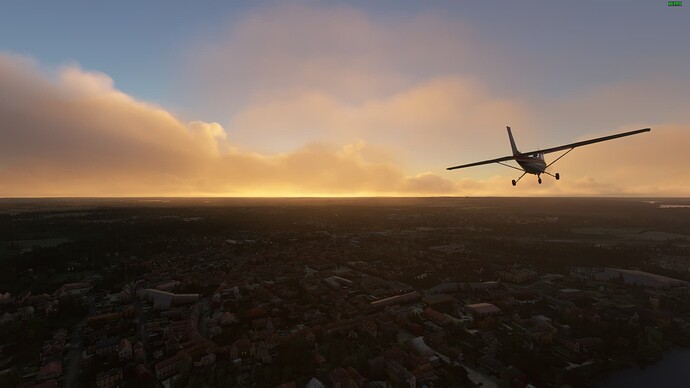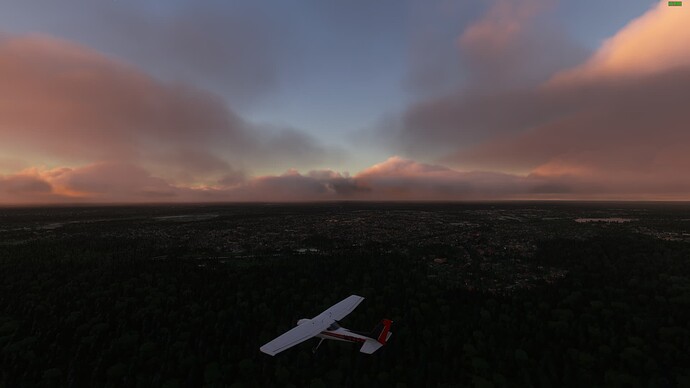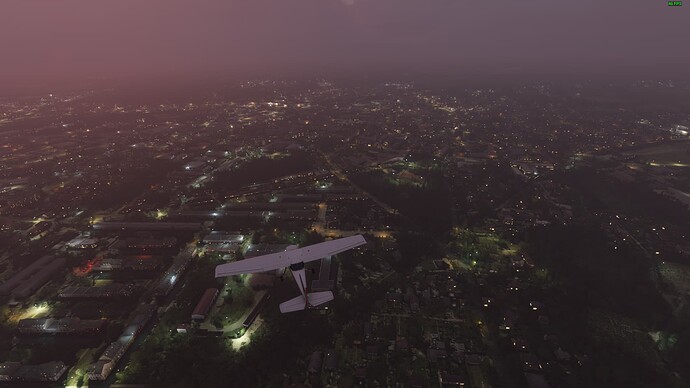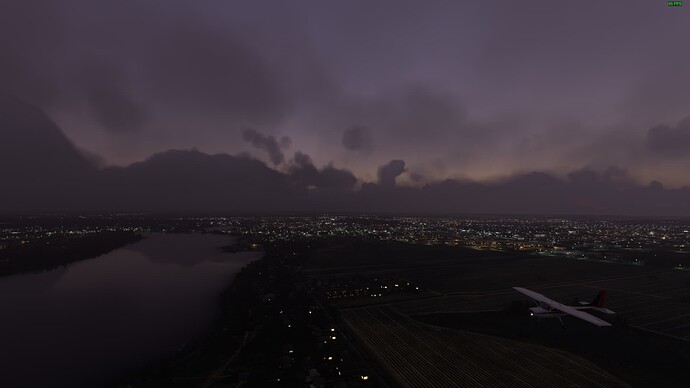Wandlitz, Oberhavel & Westhavelland (Germany)
Angermünde / ED65 → Brandenburg / EDBE.
While we tried to do a circular route for both Schleswig-Holstein and Mecklenburg-Vorpommern, we are deviating from that pattern for Brandenburg, zigzagging across the countryside. Therefore we turned west, passing Angermünde, a town with a very special history behind its name: Founded as “Nova Tangermünde” it references the even older town in Altmark on the mouth of Tanger River. Therefore it is one of the few “-münde” towns that is not situated anywhere near the mouth of an actual river.
Further west we came across Liepnitzsee with its central island - Großer Werder. The lake counts among the clearest lakes in all of Germany, its special protection status banning all motorcrafts except a singular ferry. Großer Werder became known as a prime camping location during the 1920s and was continuously developed to accomodate long-stay residents.
Not far from Liepnitzsee one can find a city with two names: Oranienburg. Once known as Castle and Town Bötzow, it was ransacked and burned down during the Thirty Years War. But in 1650, Brandenburg’s Elector Count Friedrich Wilhelm I. gifted the area to his wife Louise Henriette von Oranien, renaming it Oranienburg. Afterwards the Elector Countess began the construction of Oranienburg Palace and repopulated the area with religious refugees from the Netherlands.
At Rathenow we finally reached Havel River, the westernmost point of this flight. This town is known as the birthplace of German optics due to legacy of Johann Duncker and Emil Busch, who kickstarted the industrial production of optical lenses in Brandenburg-Preußen. Even today the name of Rathenow’s football club - FSV Optik Rathenow - references the town’s golden past.
Following the Havel River upstream we arrived in my current home town - Brandenburg an der Havel. Not only the namesake of the entire region, but also a focal point of the German-Slavic Wars in the medieval era, the Brandenburg served as a Slavic center of power before being conquered by King Heinrich I., father to Otto I. and first German Emperor. Later it was reconquered by the Slavic Lutici who successfully resisted German (and Christian) rule for about 200 years.




